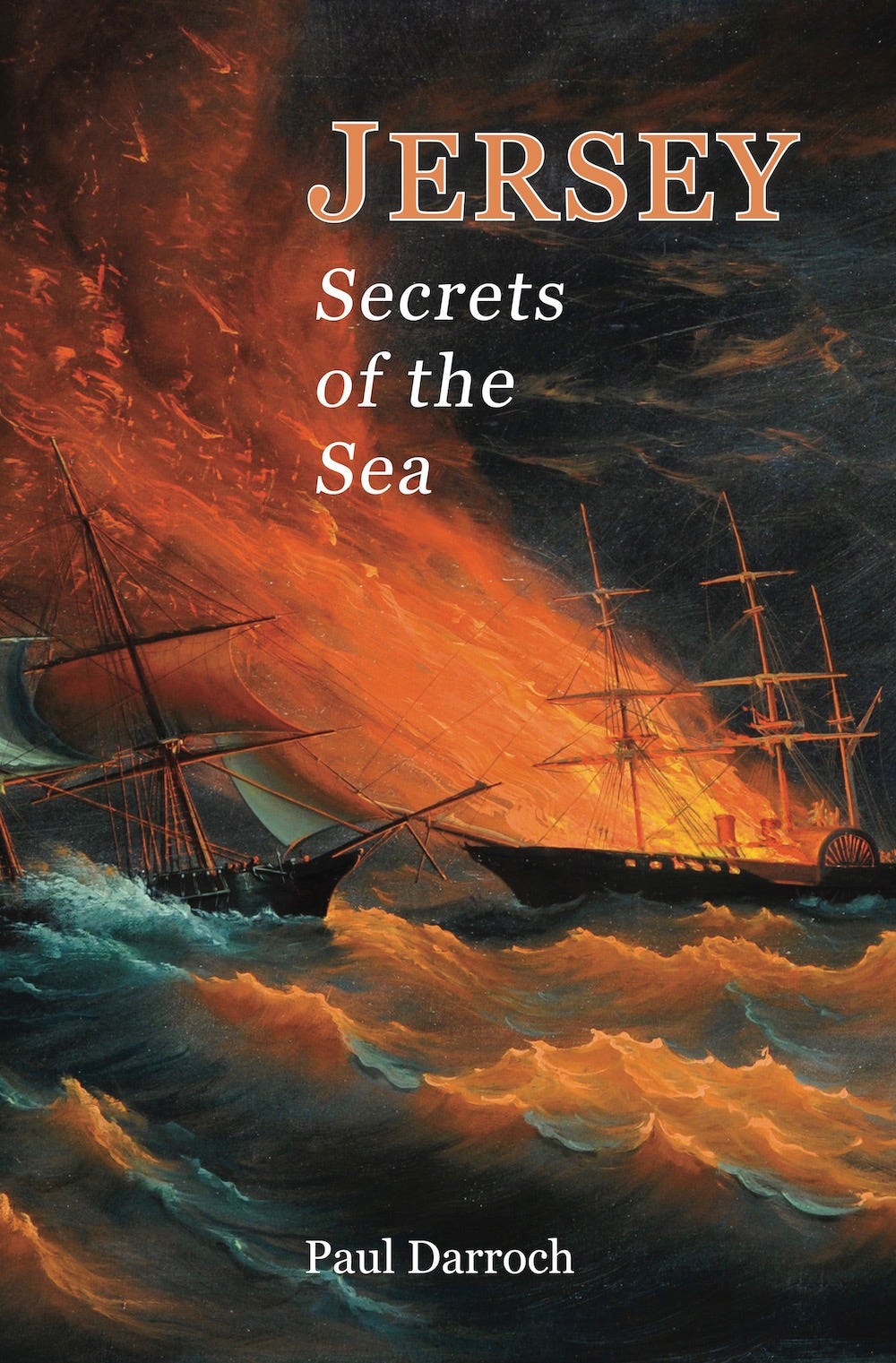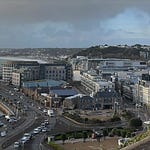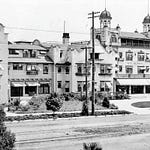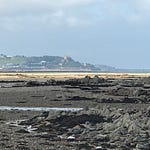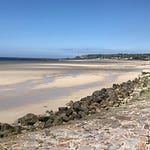Under The Line – Raleigh’s Last Voyage (Part 2)
Welcome to another episode of the History Islands. This week we follow the last journey of Sir Walter Raleigh, the former Governor of Jersey, on his final, disastrous voyage to South America in search of El Dorado.
Guyana, Mouth of the Orinoco
Saint Valentine’s Day, 1618
The weather waxed foul, and within hours of leaving, we scurried like rats back to Plymouth. It was a humiliating volte-face. The onward voyage proved no more enabling. Battered by fresh gales at the Scillies, hemmed in at Cork for three miserable and rain-sodden weeks, we had already lost the meat of the summer. Eventually, as tempers flared and mutiny brewed, the weather spun in our favour and our little expedition broke south at last.
I was resolved at first to keep a godly ship. Psalters and divine service; clean mouths and penitent hearts; all an utter charade. The men were wild dogs, driven reckless by fleas of grievance and mutinous at the first pangs of discomfort. The sea was broiling; as our barrels dwindled and our thirst grew, the Canaries at last beckoned. We were bold to land on Spanish soil, when ambassador Gondomar’s letters had doubtless poisoned the wells ahead of us, but we had little choice. So, we anchored before the bleak volcanic craters of Lanzarote, and we bartered for bread. We came in peace, we said, and we solemnly pledged to stay close to shore.
My men disobeyed me. Three of them went in deep and alone, swaggering into the heart of the Island. They brawled, and daggers were drawn, and only one staggered back alive. We had proved ourselves scoundrels. At sunset, we fled onwards, to the arid harbour of Gran Canaria, to treat with the Lieutenant of the Canaries himself. In the drought of summer, there was little succour. In green Gomera, we found fresh clean water, and newly emboldened, we set off again, skirting the coast of Africa, buffeted by storms, our supplies dwindling.
West of the Cape Verde Islands, we were suddenly becalmed. The ocean was now a polished mirror, with the image of our phantom ship printed upon it. The sun became a fireball. Swarms of weevils burst into our pantry, devouring the ship’s biscuits in a feeding frenzy. Then the winnowing of the heat started to crack open the boards, steam our bodies, and inflame our minds. We saw that shining city of Guyanese gold in every blazing, infernal sunset.
In the fever of the night, we slept on the open deck. Magellan’s Cloud was our heavenly comforter – a wispy dandelion’s head of stars, high in the blazing sky. It seemed as unsullied as a pluck of white Jersey wool. As every astronomer will know, Magellan’s Cloud is the hallmark of the southern hemisphere. As a simple matter of mathematics, the astrolabe told us we must be clinging on above, somewhere a few degrees above the great divide. In our minds, it was too late: we had already slipped under the line.
And then the deaths began. The ocean was a broiling soup-bowl, and the ship stank. Stark calm, extreme hot; we were scourged in this purgatory without hope of release. Death stalked the ship. One by one, my friends succumbed: Fowler, Moore, Crab, Talbot; all men loyal and true, and I would never see their like again.
Then I slipped myself on the burning stairway, on my Jacob’s Ladder, and my old wound erupted in flames. A fever consumed me. For twenty days I thrashed like an eel on my bed, sweating and hallucinating. I changed my flamboyant, silken shirts thrice daily and thrice nightly, and still they were sodden and stinking. Their peacock finery mocked my agony.
I lay confined abed like a woman in labour, unable to sleep, buffeted by agonies. I dreamed oftentimes of the gentle slopes of Jersey, of the comely orchards and the magnificent bay, the soothing autumn rains, the cool valleys of St Peter and its gentle brooks and mills. I fondly remembered the amusement I provided by striking up my pipe, when wreathed in smoke like a warlock, I addressed the truculent States of Jersey. Happy days; forever lost.
I gulped water like a fish, even as the last casks from the Canaries ran dry, and barely a stewed prune passed my lips for a month. I am a sailor, and have faced many terrible hardships, but none proved so dread as this pestilence. It felt as if a robber had smashed me over the head with a rock on the road to Jericho and left me to die. That rock, I have lately come to see, was my own pride. “And if a small matter may defend it, it were a pity to cast it down...”
The heat permeated the ship, infiltrating my bones. It felt like time itself burning up. We painstakingly crawled across the fiery ocean, until we finally arrived on the shores of the world beyond.
On the eleventh day of November, the smudge of a continent stained the horizon. This at last is Guyana, the fabled land we remembered from years past, the rainforest straddling the Equator. Somewhere in its dark heart, deep betwixt the rivers Amazon and Orinoco, lies El Dorado, the fabled city of gold.
We anchored somewhere on the edge of the immeasurable forest, perched on the fringes of this green and impassable ocean of trees. Here we gorged ourselves at last on berries and Casavi bread, roasted mullets, plantains and pistachios; the fruit of the kingdom. A little armadillo meat gradually restored my spirits. We had been grievously afflicted; yet at the last, we had survived.
To be continued…
This story features in Jersey: Secrets of the Sea by Paul Darroch, which is available on Amazon and in Jersey bookshops. It is an ideal gift for anyone who loves Jersey history.
© Paul Darroch 2021






